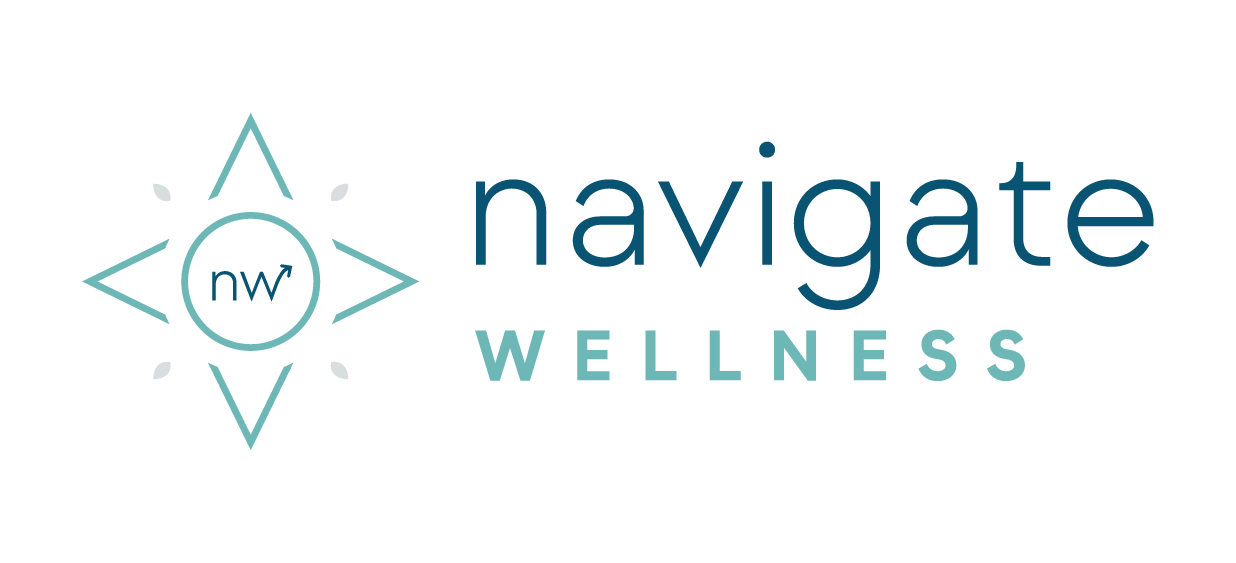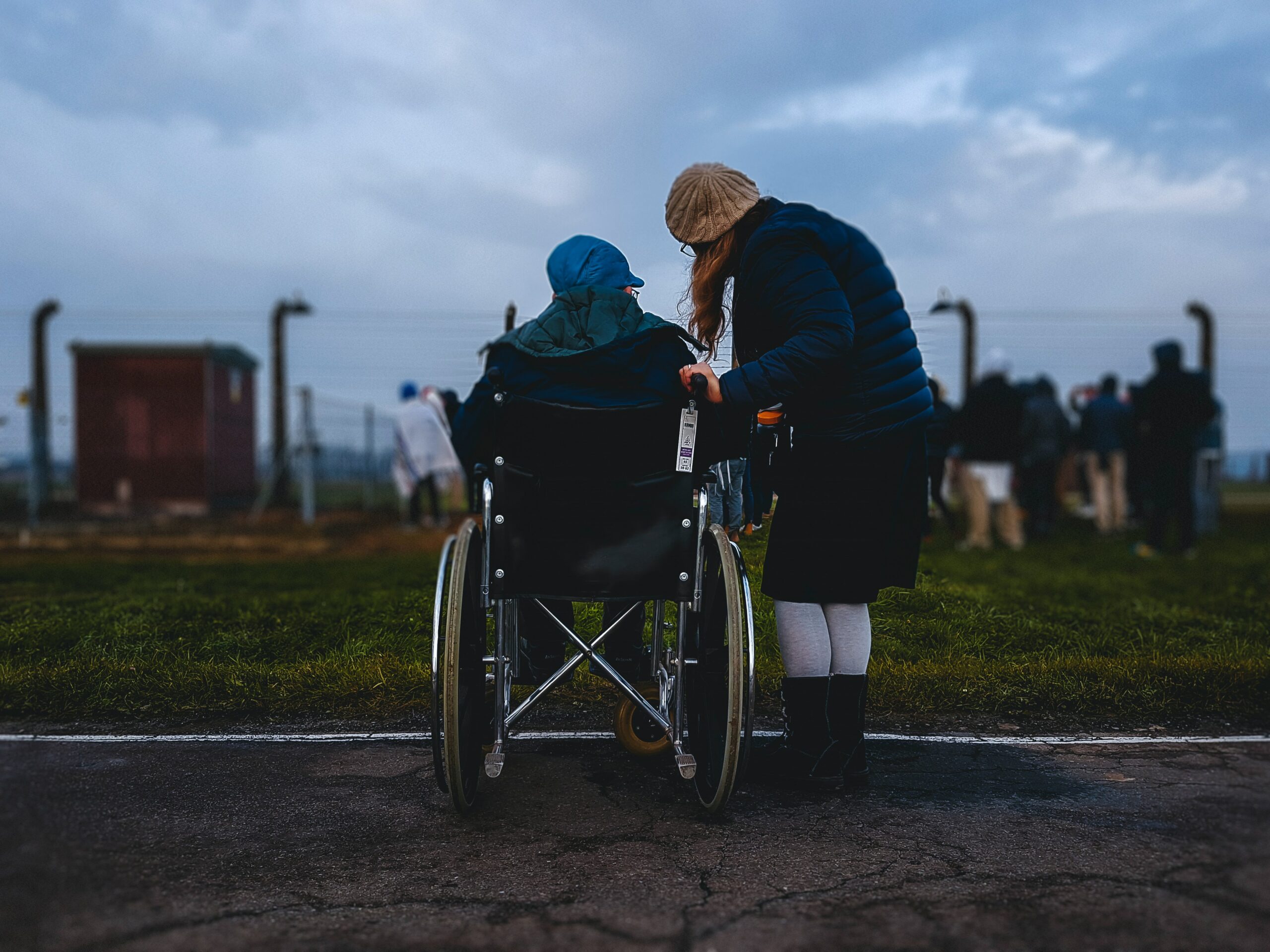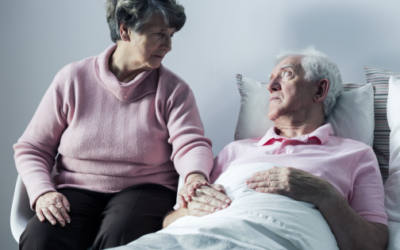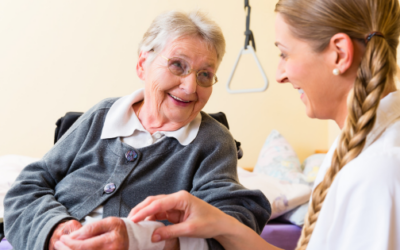When you’re serving as a family caregiver, it can be incredibly overwhelming. You may be balancing a career, a family of your own and caring for a loved one. In these situations, it’s so important to take care of yourself. But coming up with self-care ideas for caregivers that actually help can feel like just another task on your too-long to-do list.
That’s where we come in. At Navigate Wellness, we are just as passionate about caring for caregivers as we are caring for seniors. Keep reading for our best self-care ideas for family caregivers.
Why Is Caregiving So Stressful?
Caregiving is stressful because it involves managing the physical, emotional, and often financial needs of another person, which can be overwhelming.
There are a few common reasons why caregiving is so stressful (and why self-care ideas for caregivers are so important!):
Constant responsibility
Caregivers often feel like they’re “on call” 24/7, leading to fatigue and burnout. The sense of always needing to be available can create immense pressure.
Emotional strain
Watching a loved one suffer or deteriorate can lead to feelings of grief, sadness, and helplessness. Caregivers may experience guilt, frustration, or resentment, especially if they feel unsupported.
Physical demands
Assisting with activities of daily living (such as bathing, dressing, and lifting) can take a physical toll, causing exhaustion or even injury over time.
Isolation
Many caregivers feel socially isolated, as they may not have time for personal relationships or leisure activities. The sense of being alone in their role can amplify stress.
Role reversal
Caring for an aging parent or spouse can create a shift in family dynamics, which can be emotionally challenging. Balancing a caregiver role with being a partner, parent, or child is tough.
Lack of support
Some caregivers feel unsupported by family, friends, or healthcare providers. Not having someone to share the load or offer emotional backup can heighten stress levels.
Financial strain
Caregiving can lead to reduced work hours, quitting a job, or out-of-pocket expenses for medical care, equipment, or medications, contributing to financial stress.
Uncertainty and decision-making
Caregivers often have to make difficult decisions, such as medical treatments or long-term care plans, without clear answers, adding to stress and anxiety.
Self-neglect
Caregivers often prioritize the needs of others above their own, neglecting their physical and emotional health. Over time, this self-neglect leads to burnout.
Chronic stress
Over an extended period, the cumulative effects of caregiving responsibilities can wear down even the most resilient people, leading to chronic stress and potential health problems like depression or anxiety.
The combination of these physical, emotional, and practical challenges makes caregiving one of the most stressful roles a person can undertake. This is why coming up with self-care ideas for caregivers is so important.
Basic Self-Care Ideas for Caregivers
Don’t worry, we’ve got a few Basic Self Care Tips for Caregivers that you can do every single day.
- Get Sunshine.
- Be Social.
- Think Positive Thoughts.
- Be Active.
- Be Grateful.
- Give Grace.
- Prioritize Wellness.
Let’s dig in a little deeper on how you can incorporate these Self Care Ideas for Caregivers into your everyday life.
Get Sunshine
The obvious argument about this one is: there is not always sunshine outside. True. But this is still one of the most important self-care ideas for caregivers. So, we have some “back-up sunshine” suggestions:
- Insert “Songs That Make Me Feel Like It’s Sunny Outside.” Have you ever been driving along and a song comes on that just makes you feel like you are dancing in the sunshine?
- Happy Lights. You can get a light that mimics the UV rays from the sun. You can get them for your house or as a USB attachment for your computer. Pretty cool!
- Vitamin D Supplement. You can get this over-the-counter at any preferred pharmacy. It’s like a little pill of sunshine. Now, we are not pharmacists and always recommend checking with your doctor before you add any pill or supplement to your life.
Be Social
The obvious argument to this one is; “I am NOT a social person.” More good news, we are not suggesting you transform into a social butterfly. We do, however, suggest simple, “basic” ways to be social.
- Put the Social in Social Media: Get on your favorite social media site and start a chat with a friend. Comment or “like” something you, well, want to comment on or you actually like.
- Call or text someone. Our favorites would be, call your Grandparents! They love that. Call your best friend, send a funny meme or joke, send an article you thought was interesting, start a conversation.
- While you are on that social media or phone call, make plans to hang out! This hang out, too, can be virtual or in person. It can be today or a week from now. We are social creatures, we feel better when we are around people we can talk to. Make plans to fill this necessary part of your life.
Think Positive Thoughts
This is one of the best self-care ideas for caregivers, but also one of the most challenging. The argument for this one: I don’t naturally have positive thoughts. For this we have one, simple idea!
- Go on the internet or in your box of cards or your bookshelf and find something that makes you smile. Hopefully even smile from the inside. A note, a meme, a quote, a Bible verse, a sentence from your favorite book … any words that make you feel good. Then, type or write those words out and keep them in your pocket/wallet/purse/desk/wherever you keep the things you actually use. These words are now your mantra. When you have no positive thoughts naturally, keep one in your pocket.
Be Active
The argument to this one: I don’t have time for that. For this, we will simply say “you don’t find time, you make time.” Physical Health and Exercise is one of the Four Pillars of Healthy Aging.
The Alzheimer’s Association says if you do one thing to improve the health of your brain and body: add physical activity to your life.
You can:
- Take a walk on your ten-minute break
- Stand up while working at your desk
- Take your dog or the neighbor’s dog for a walk
- Park in the back of the lot instead of the closest spot
- Plan workouts into your schedule at the beginning of your week
Be Grateful
The argument to this: “I don’t have anything to be grateful for”… and if you think this, this should likely be your number one item on this Basic Self Care Agenda.
We all have things to be grateful about. If you are reading this, eye sight. No surprise here, there are basic things to be grateful for and not because others don’t have them, but because you do.
- Try practicing gratitude with your own family. Ask your children or family members what they are grateful for today. Practicing gratitude is contagious! Start today, or now!
Give Grace
Grace means “courteous goodwill.” We don’t offer an excuse on this one because we believe we can all give each other a big ‘ol break while giving ourselves a helping of grace to ourselves while we are at it.
- Ask yourself, “what was their intention” they mean to hurt our feelings? Did they know we were already running late? Probably not. We give passes to people who deserve them and maybe to some people who don’t. The gift in giving grace is actually a gift to yourself. To your peace of mind. It’s about your basic, everyday self-care.
Prioritize Wellness
One of the best things you can do for self-care is to truly prioritize taking care of yourself. It’s so easy to let things like proper nutrition, exercise and sleep slide when you’re busy and stressed. But that’s exactly when you need wellness support more than ever.
- Give yourself a bedtime and include a calming bedtime routine along with it. Make it a point to get in bed early and you’ll feel better and be more ready to handle any challenges that come the next day.
- Try IV hydration. When you’re rundown and exhausted, one of the fastest ways to feel better and boost your health is with IV hydration therapy. We offer in-home IV infusions in Columbia, MO and surrounding towns to help caregivers take care of themselves.
More Self-Care Ideas for Caregivers
Need other self-care ideas for caregivers? Try one of these quick, but effective strategies next time you’re overwhelmed.
- Practice mindfulness – Spend a few minutes focusing on your breathing or a calming sound.
- Set boundaries – Learn to say no when you need rest.
- Take a power nap – 15–20 minutes of rest can recharge you.
- Read a book – Escape into a story or explore a subject you enjoy.
- Do something creative – Paint, bake, or engage in any hobby that brings you joy.
- Limit screen time – Step away from social media or screens to reset.
- Delegate or ask for help – When possible, share caregiving tasks with others.
- Join a support group – Connect with others in similar situations for encouragement.
- Take a mental health day – Step away from caregiving, if possible, to recharge fully.
- Keep healthy snacks on hand – Nuts, fruits, or granola bars can sustain your energy.
- Meditate – Even five minutes of stillness can create mental space.
- Plan something to look forward to – A small future event can lift your spirits.
Looking for More?
If you’re overwhelmed as a caregiver, it is okay to ask for help. Take your first step towards self-care by scheduling a Clarity Call and let us take some of those things off your plate.




